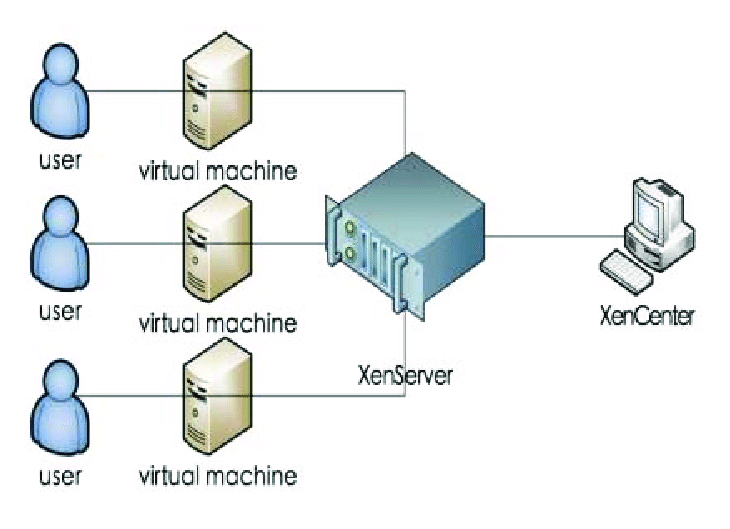Server Environment
What is a server environment?

Definition:
A server environment refers to the hardware, software, and network infrastructure used to support and manage computer servers. It encompasses the physical components, such as servers, storage devices, and networking equipment, as well as the operating systems, applications, and configurations that enable servers to perform specific functions.
Analogy:
Imagine a server environment as a bustling city infrastructure. Just like a city requires roads, buildings, utilities, and services to function smoothly, a server environment comprises servers, storage devices, networking components, and software systems working together to deliver data, applications, and services to users.
Further Description:
A server environment typically includes the following components:
Hardware: This includes server computers, storage arrays, networking switches, routers, and other physical devices that form the backbone of the server infrastructure.
Operating Systems: Servers run specialized operating systems like Linux, Windows Server, or UNIX, which manage hardware resources and facilitate the execution of applications and services.
Virtualization: Virtualization software enables the creation of virtual instances of servers, allowing multiple operating systems and applications to run on a single physical server, thereby maximizing resource utilization and flexibility.
Middleware: Middleware software provides services and connectivity between different applications and systems in the server environment, facilitating communication and data exchange.
Applications and Services: Servers host various applications and services, including web servers, database servers, email servers, file servers, and application servers, catering to different user needs and business requirements.
Security Mechanisms: Security measures such as firewalls, intrusion detection systems, encryption protocols, and access controls safeguard the server environment against unauthorized access, data breaches, and cyber threats.
Why is Server Environment Important?
Reliability and Availability: A robust server environment ensures continuous availability of critical services and data, minimizing downtime and disruptions to business operations.
Scalability and Performance: Scalable server environments can accommodate growing workloads and user demands by adding resources or optimizing configurations to maintain performance levels.
Data Management and Storage: Server environments provide centralized data storage and management capabilities, enabling efficient access, retrieval, and backup of critical information.
Resource Optimization: Through virtualization and resource allocation techniques, server environments optimize hardware resources to improve efficiency and reduce operational costs.
Security and Compliance: Implementing robust security measures and compliance protocols within the server environment helps protect sensitive data and ensure regulatory adherence.
Examples and Usage:
Cloud Computing Platforms: Cloud service providers offer server environments as a service, enabling businesses to access scalable and flexible computing resources over the internet.
Enterprise Data Centers: Large organizations maintain their server environments in on-premises data centers or colocation facilities to support internal operations and customer services.
Web Hosting Services: Web hosting companies provide server environments for hosting websites, applications, and online services, catering to businesses and individuals seeking online presence and functionality.
Key Takeaways:
- A server environment comprises hardware, software, and network infrastructure supporting computer servers.
- Components include servers, storage devices, operating systems, applications, middleware, and security mechanisms.
- Benefits include reliability, scalability, performance, data management, resource optimization, security, and compliance.
- Examples of server environments include cloud computing platforms, enterprise data centers, and web hosting services.
- Understanding and effectively managing the server environment are essential for supporting business operations, delivering services, and ensuring data integrity and security.
Table of Contents




